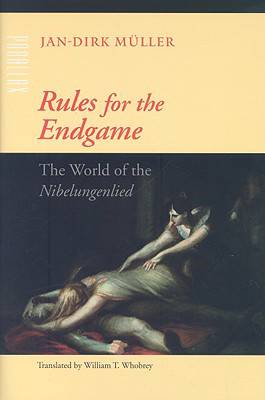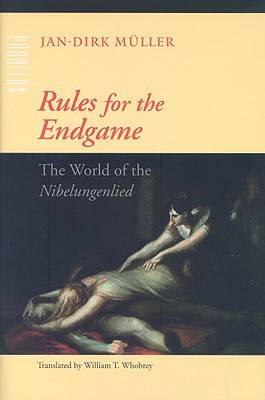
- Retrait gratuit dans votre magasin Club
- 7.000.000 titres dans notre catalogue
- Payer en toute sécurité
- Toujours un magasin près de chez vous
- Retrait gratuit dans votre magasin Club
- 7.000.000 titres dans notre catalogue
- Payer en toute sécurité
- Toujours un magasin près de chez vous
Description
The source of Richard Wagner's Ring Cycle, the Nibelungenlied occupies a unique place in medieval literary history. Commonly seen as the paradigmatic example of national epic, its interpretation has long been colored by the later evolution of German cultural tradition. In Rules for the Endgame Jan-Dirk Müller argues that the literary reception of the Nibelungenlied was problematic long before the modern era.
Here Müller uncovers the complex and heterogeneous cultural context from which the poem emerged. He challenges scholarly readers to move beyond modern methods of criticism and analysis--specifically, in their expectations of coherence, agreement, and integrity--and to look for other possibilities and methods of interpretation. He recommends a reading that elucidates meaningful linkages, isotopes, and structural recurrences on the epic's different levels and thematic subjects.
This groundbreaking interpretation offers a new approach to the reading of medieval literature and revolutionizes the study of the Nibelungenlied itself--providing a richer understanding of the work's significance both in its era and for our own.
Spécifications
Parties prenantes
- Auteur(s) :
- Editeur:
Contenu
- Nombre de pages :
- 584
- Langue:
- Anglais
- Collection :
Caractéristiques
- EAN:
- 9780801887024
- Date de parution :
- 01-10-07
- Format:
- Livre relié
- Format numérique:
- Genaaid
- Dimensions :
- 161 mm x 235 mm
- Poids :
- 907 g







